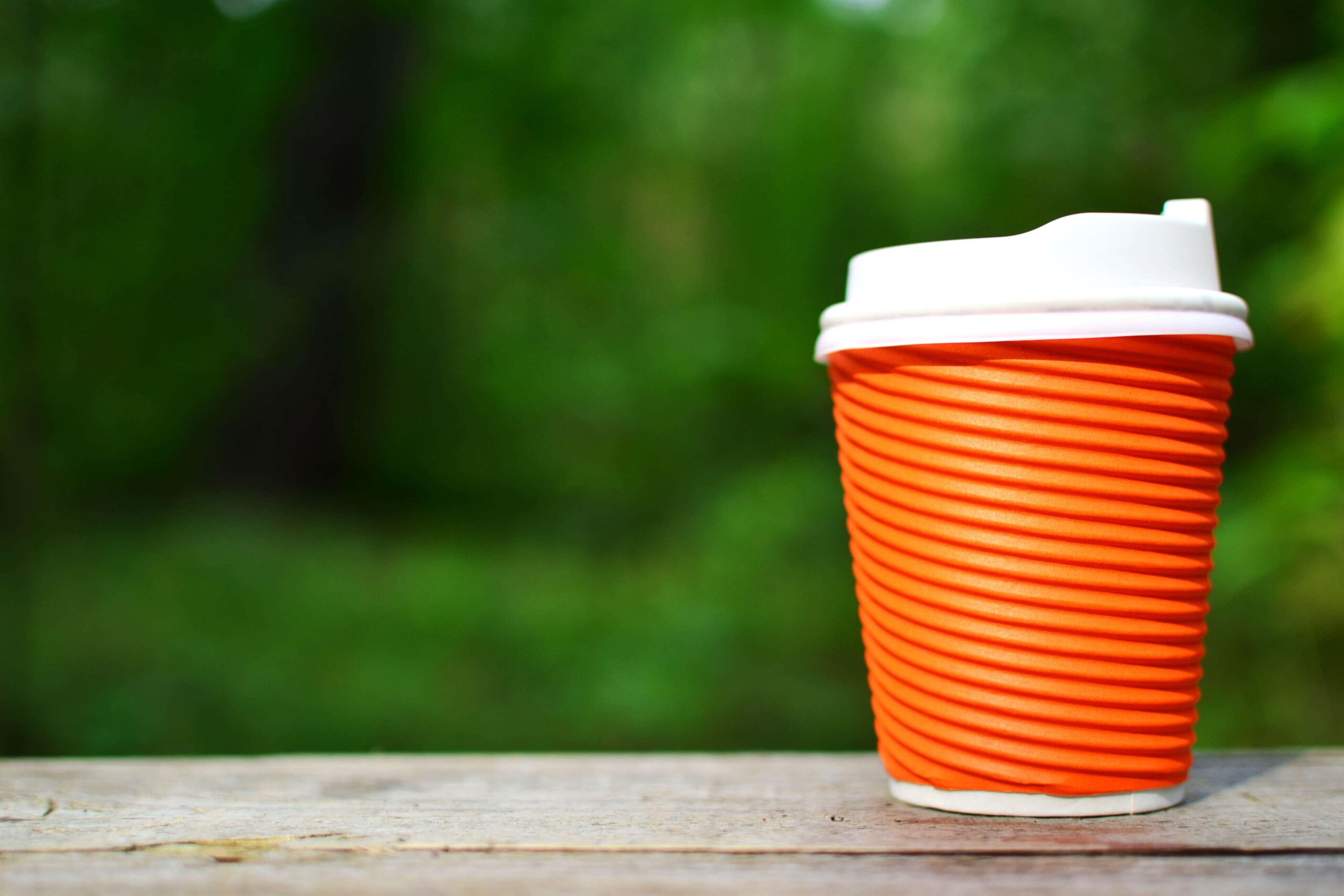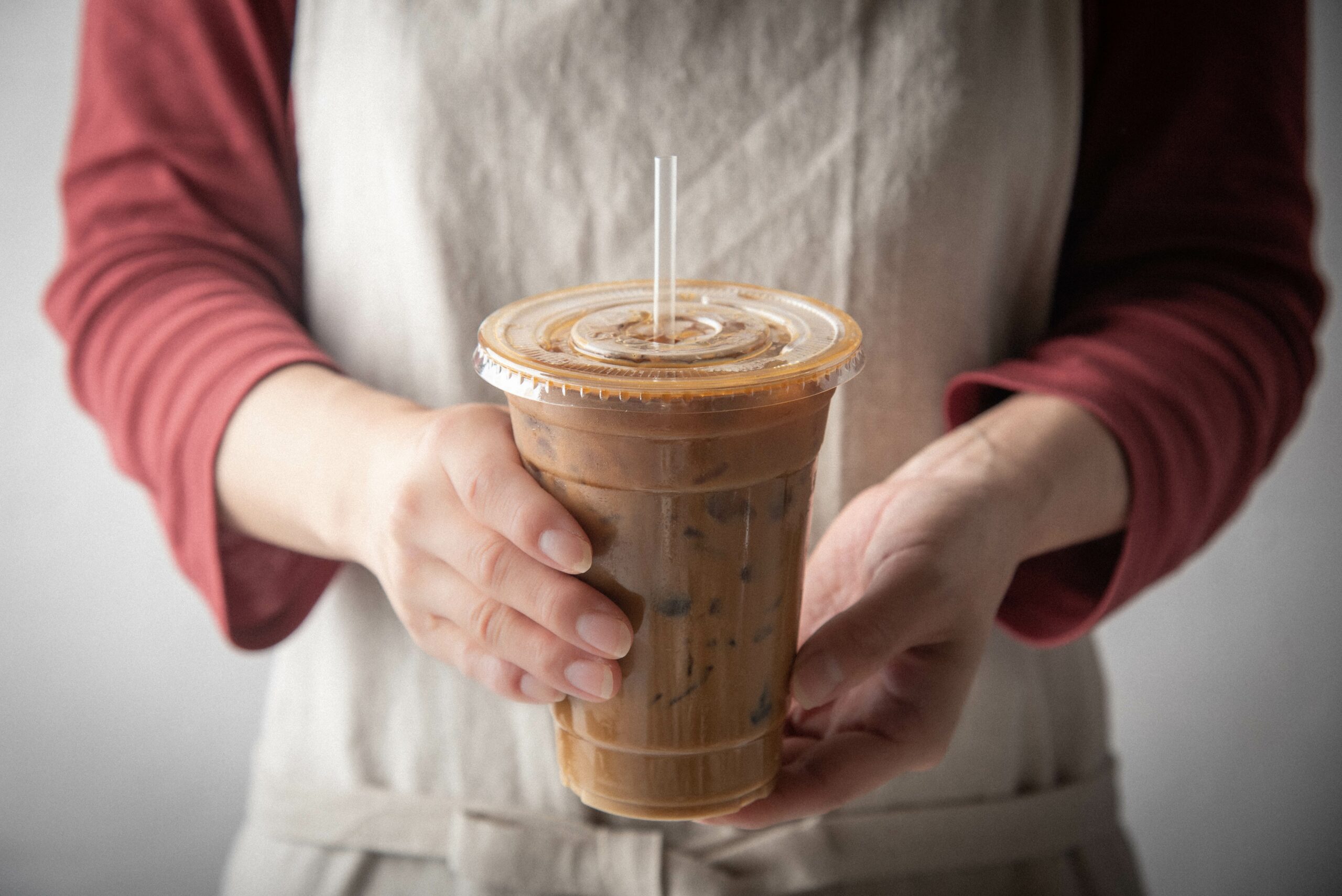Microplastics are all around us – in the air we breathe, in seas and rivers, they’re found in the guts of sharks, and inside growing plants.
They’re also inside humans, too: in our blood, accumulating in our brains, and even in our testicles.
So it is perhaps unsurprising to learn that one of the key means of entering the body is through the fluids we drink. Previous studies have established that microplastics are present in both tap water and bottled water, but new research has revealed that hot drinks may be an even bigger source of microplastics than was previously realised.

A research team at the University of Birmingham tested 155 common soft drinks, including hot and cold drinks, for microplastics to get a picture of average human exposure through a realistic spectrum of daily drinks available in one country.
The study, believed to be the first of its kind, found the highest concentrations of microplastics were in hot tea and hot coffee.
The study also tested iced tea and coffee for microplastics, but found significantly less, suggesting the high temperatures and processes used for making hot drinks contribute to the levels of microplastics which end up in the product.

The team assessed 31 different types of drinks in total from popular UK brands, all bought from supermarkets and coffee shops in 2024. These included hot and iced coffee, hot and iced tea, juices, energy drinks, and soft drinks.
The samples were filtered, and then microplastic counts were determined through microscope imaging. Cold drinks were filtered immediately, while hot drinks were allowed to cool for 30 minutes before analysis.
Hot tea in disposable cups contained the highest level of microplastics (MPs), averaging 22MPs per cup, compared to 14MPs per cup for glass cups. More expensive teabags leached the greatest amount of plastic, the study found, averaging 24 to 30MPs per cup.
Similarly, the research team said that for hot coffee, their findings “strongly suggest that the disposable cup material is a primary source of [microplastics] in our hot coffee samples”.
As not all samples were cup-sized, the team expressed their overall findings in microplastics per litre.
- Hot tea: 49 to 81 MPs per litre
- Hot coffee: 29 to 57 MPs per litre
- Iced tea: 24 to 38 MPs per litre
- Iced coffee: 31 to 43 MPs per litre
- Fruit juice: 19 to 41 MPs per litre
- Energy drinks: 14 to 36 MPs per litre
- Soft drinks: 13 to 21 MPs per litre
The authors said their study “proves for the first time that assessment of exposure via drinking water only may substantially underestimate the risk” posed to humans by higher microplastics prevalence in other drinks.
The same team published research in 2024, revealing the average microplastics concentration in tap water (24 to 56 MP per litre) was “statistically indistinguishable” from that in bottled water (26 to 48 MP per litre).
They said the new research “serves as a critical step towards better understanding of the extent of MPs exposure under real-life scenarios, and advocates for more comprehensive studies for accurate risk assessment of MPs intake via dietary sources, to enable broader environmental and public health interventions”.
They added: “Our results also confirmed plastic packaging material as a major source of MPs to the studied beverages. Higher concentrations of MPs were detected in hot coffee and tea, compared to the iced version of the same beverage, highlighting the role of temperature in enhancing the release of MPs from packages to hot beverages.”
